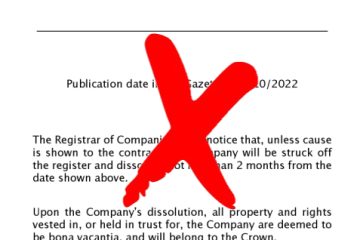…about the Totnes Town Council bid for the upper Lower Field and Elmhirst Building. Given what Cllr Georgina Allen says below, it is truly baffling that KEVICC has so fundamentally failed to engage with TTC. You would think that a community college would be thrilled to have such an ambitious and community-minded council to deal with. But no, KEVICC seems to be locked into a set of private sector dreams and fantasies.

Firstly, there seems to be an idea that if the town council wins the bid, Keviccs won’t have as much money as they would from selling the field to a developer.
The situation is that Keviccs has an allocation of 130 houses in the Local Plan – they can build those houses anywhere on their land, so 10 on Lower Field, 30 around Kennicott, 90 on Sheeps Field etc.
If the town council buys Lower Field then those 130 houses can go on the back fields (the town council hired a professional surveyor to ensure that this would work) and so get the money from those houses as well as an additional £2.5 million from the town council for the lower field as we would not be using up any of the 130 home allocation.
Of course that’s fairly simplified, some of the land might be more appealing to developers than others, but essentially, the town council would be paying as if the land had planning permission but wouldn’t be using up any of the allocation, so potentially the school could get more money, protect themselves from the pollution on the road and field, get all the benefits that are coming from the arts/community centre, sports fields, access to the river, cafe etc, but still get what they need financially. It’s important that that’s understood.
Secondly it seems as though some people believe that a contract with a developer means that you will get what they offer and get it quickly. This is NOT how it works; development is very expensive and developers have to borrow the money. They often offer a landowner far above what they actually intend to give him so that they can outbid the others.
It can take years for them to raise the money to pay/build/bring on the area and landowners are usually only paid once the last building has been sold or finished or if and when different planning has been achieved.
There is usually a retainer paid (like a deposit) and then they try and get as much as possible out of the local planning authority, to increase the number of units, or make them bigger, build them closer to the road etc and so will not pay the landowner what they have offered until often years and years down the road, or the land is land-banked with only the retainer paid, or an uplift etc is offered.
The town council was sure that their offer would be accepted quickly as the money they can raise from the public works loan is not dependent on any building or planning and can be paid immediately. It’s why the town council spent so much time and effort putting together a bid that would help solve the school’s financial issues (far quicker than a developer can/would) and yet retain & enhance the field for both the town and the school.
We are therefore, very proud of the Town Council Bid and of the team that put it together.


